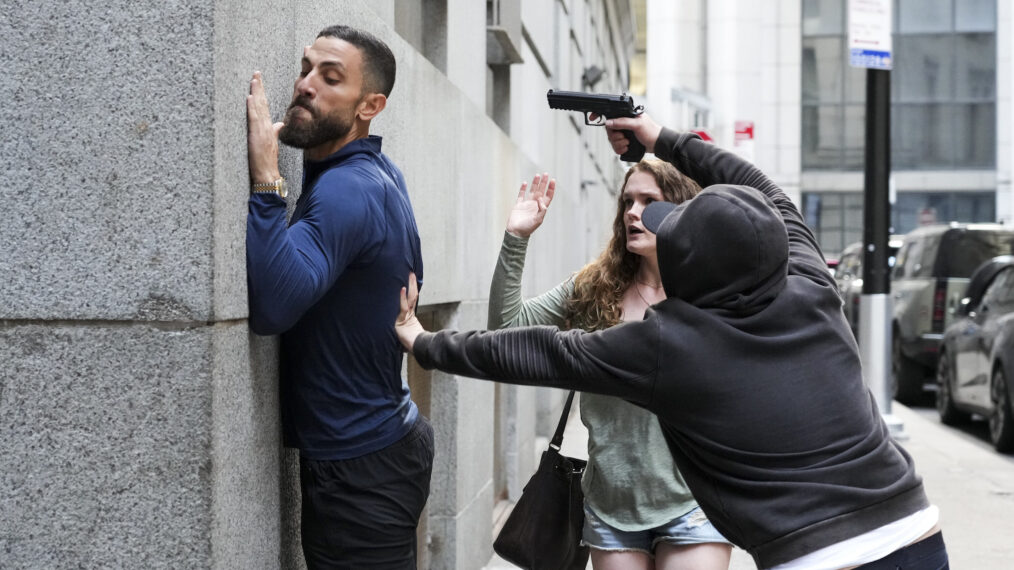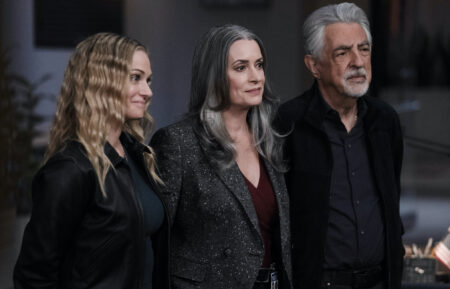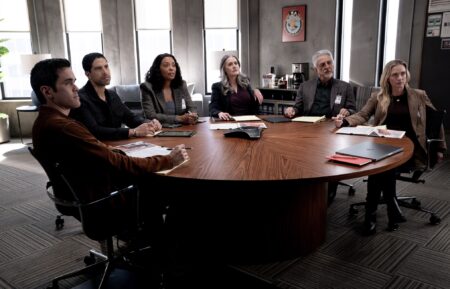‘FBI’: Zeeko Zaki Teases OA’s ‘Vulnerability’ on Other Side of a Case as a Victim

Preview
In the October 11 episode of FBI, Special Agent Omar Adom “OA” Zidan (Zeeko Zaki) finds himself on the other side of a case as the victim following a mugging one morning before work.
“It’s the first time we see OA get caught up in a very relatable common occurrence, random acts of violence, and this is the journey of someone that handles those things for a living,” Zaki tells TV Insider. “He has to deal with kind of being on both sides of a case for once, and his perfect score on his terms on and off the job kind of getting smudged. There’s a lot that has to do with his ego and vulnerability and those kind of things.”

Bennett Raglin/CBS
But in the aptly titled Season 5, Episode 4, “Victim,” OA still has a case — a series of brutal assaults — to work with the team. “That’s the exciting part of this episode: the balance of personal and work life as an agent. When your work has to deal with life and death, it makes it really hard to justify and find a place for your personal things,” says Zaki.
“I think OA is very quick to compartmentalize and to be able to handle this personal things in a way that doesn’t interfere with his work, which we all hope to do in our real lives, I think, or at least [I do],” he continues. “I’m just really excited for that to be able to be on screen because our personal lives aren’t something that is overfed to our audience.”
But while the FBI is working on that case, it’s NYPD Detective Chavez (Carlos Gomez) who is working OA’s and trying to track the perpetrators of the attack. However, the FBI agent isn’t exactly as cooperative as the detective might hope. But does that come down to who OA is as a person or because he’s FBI, which influences how he feels about what happened?
According to Zaki, it’s the latter. “He might lean on the side of being a perfectionist when it comes to his job,” he explains. He has this “ability to over-analyze the situation and to really make the judgment if he can help or not.” In this situation, he ends up “landing on he can’t help in this situation, and it not honoring the proper process that he hopes the people he deals with would go through. It’s kind of that two experts in a room and one being stubborn because of embarrassment. I think it was a fun journey to play.”
FBI, Tuesdays, 8/7c, CBS










